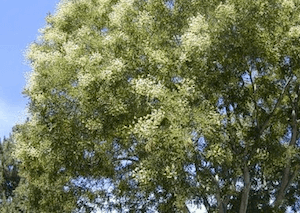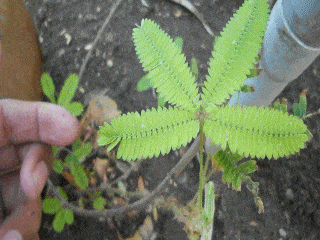Many people experience the presence of blood in their stool. This alarming discovery may be the result of bleeding inside of your gastrointestinal (GI) tract and can indicate a temporary affliction or a severe illness. On the other hand, a red “bloody-looking” stool can also be caused by something you ate. Producing black, tarry, or dark red stools is an indicator of health conditions ranging from hemorrhoids to inflammation in the upper GI tract. Some of the causes of gastrointestinal bleeding can be prevented or reversed with a healthy diet […]







